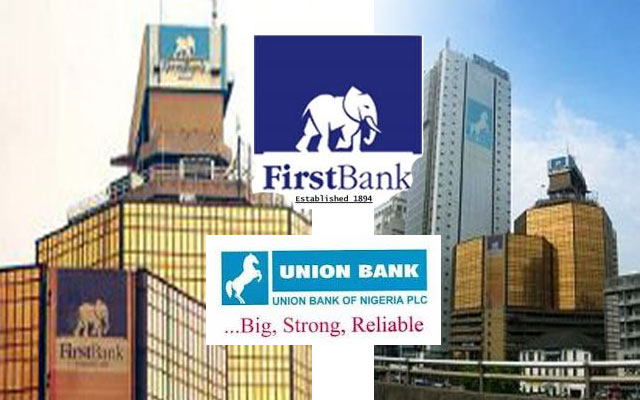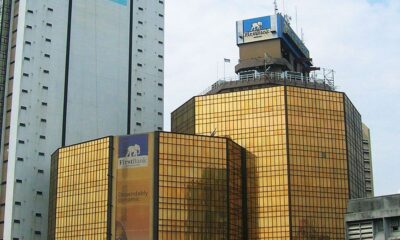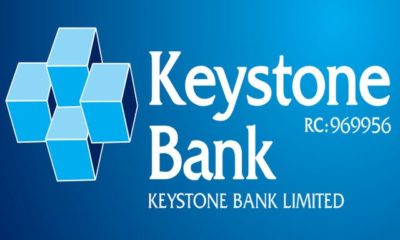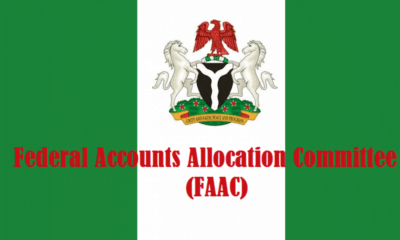In response to Dangote Refinery N1 billion suit, three oil companies including Matrix Petroleum Services Limited, A.A. Rano Limited, and AYM Shafa Limited, have prayed the Federal High Court in Abuja to stop the Nigeria Midstream and Downstream Petroleum Regulatory Authority (NMDPRA) from reviewing or withdrawing their import licenses.
The oil companies also urged the court not to block them from importing petrol in the interest of energy security and promotion of healthy competition in the Nigerian oil and gas sector.
Dangote Refinery had approached the court and filed and a N100 billion suit in damages against NMDPRA for allegedly continuing to issue import licenses to NNPCL, Matrix, and other companies for importing petroleum products such as Automotive Gas Oil (AGO) and Jet Fuel (Aviation Turbine Fuel), despite that the refinery is producing the products in quantity that meets Nigerians’ needs.
The refinery also dragged NNPCL, AYM Shafa Limited, A.A. Rano Limited, T. Time Petroleum Limited, 2015 Petroleum Limited, and Matrix Petroleum Services Limited in the suit.
Counsel to Dangote Refinery, Ogwu James Onoja SAN, in the originating summons, dated September 6, 2024, claimed that NMDPRA contravened Sections 317(8) and (9) of the Petroleum Industry Act (PIA) by issuing import licenses for petroleum products.
Onoja stated that such licenses should only be granted in cases of petroleum product shortages and not when Dangote Refinery is meeting the needs of the populace.
According to Onoja, NMDPRA has been discouraging local refiners such as Dangote Refinery by its actions.
Responding to the suit through their written address and counter-affidavit, dated November 5, 2024, and filed by Ahmed Raji SAN, the three oil companies said their businesses do not in any way hamper, disrupt, or harm Dangote Refinery’s operations.
The three defendants claimed the plaintiff allegedly sought to monopolise the petroleum industry in Nigeria, where it alone would control supply, distribution, and pricing.
In the defendants’ affidavit, deposed by Ali Ibrahim Abiodun, Acting Managing Director of AYM Shafa (with the consent and authority of Matrix, A.A. Rano, and AYM), it was stated that the defendants are qualified and capable of being licensed as importers of refined petroleum products under Section 317(9) of the PIA and that their licenses to import such products were lawfully issued by the appropriate authority, NMDPRA.
The deponent claimed that it typically takes an average of two months for Dangote Refinery to fulfill orders and that it rarely meets demand, with trucks waiting for months to be loaded at the refinery.
In contrast, he claimed it takes about three weeks to import petroleum products from offshore refineries.
The affidavit revealed that A.A. Rano’s oil depot in Lagos has a storage capacity of 55,000,000 liters and can load about 200 trucks per 24 hours.
The deponent stated that the company also owns 220 filling stations and another 85 affiliates and leased filling stations.
According to the deponent, AA Rano was one of the first to take delivery of AGO from Dangote Refinery, loading 20,000 MT of AGO on or about April 16, 2024, and has since purchased and loaded additional cargoes totaling approximately 190,000,000 liters.
Despite this patronage, the affidavit claimed that Dangote Refinery has continued to place obstacles that make it difficult for A.A. Rano to purchase products solely from the refinery.
The oil companies called on the court to dismiss the suit.
Meanwhile, the court adjourned the matter till January 20, 2025, for a status report.
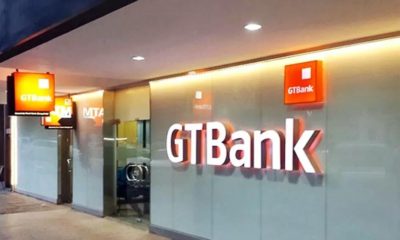
 Banking Sector4 weeks ago
Banking Sector4 weeks ago
 Banking Sector4 weeks ago
Banking Sector4 weeks ago
 Company News3 weeks ago
Company News3 weeks ago
 Finance3 weeks ago
Finance3 weeks ago
 Petrol4 weeks ago
Petrol4 weeks ago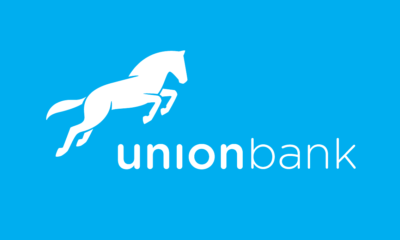
 Banking Sector2 weeks ago
Banking Sector2 weeks ago
 Business4 weeks ago
Business4 weeks ago
 Social Media5 days ago
Social Media5 days ago
